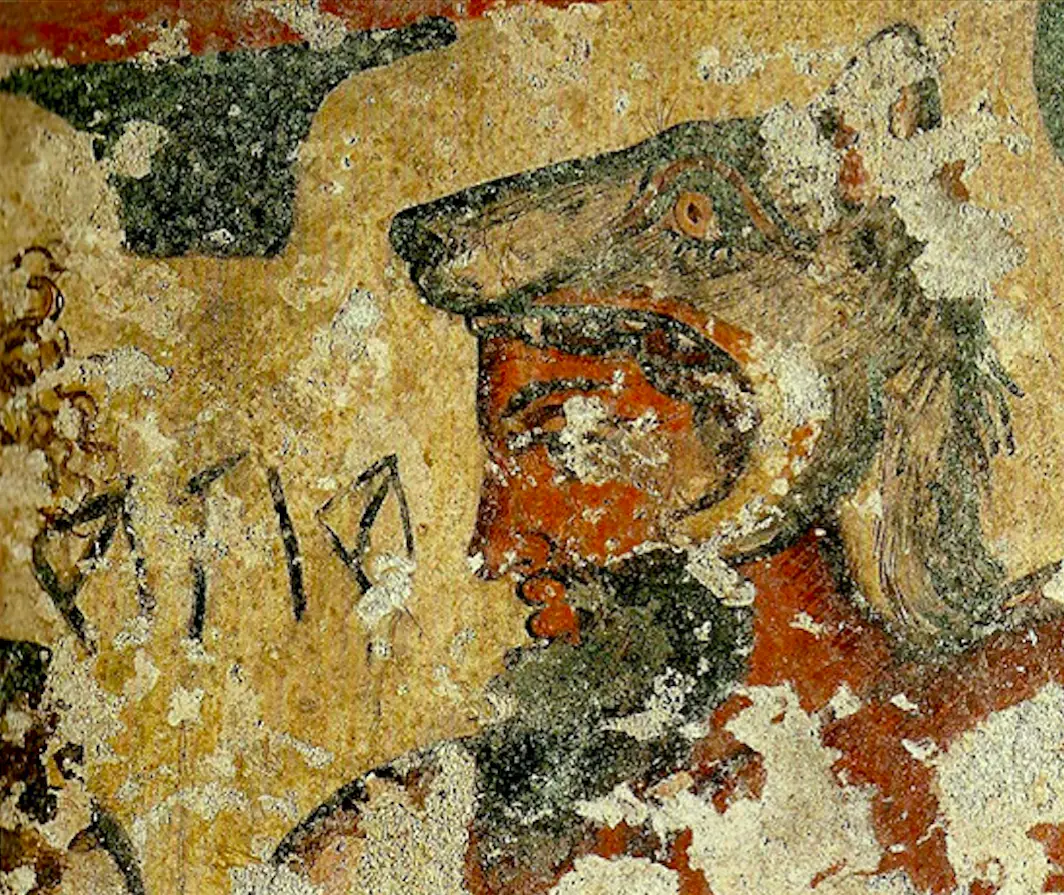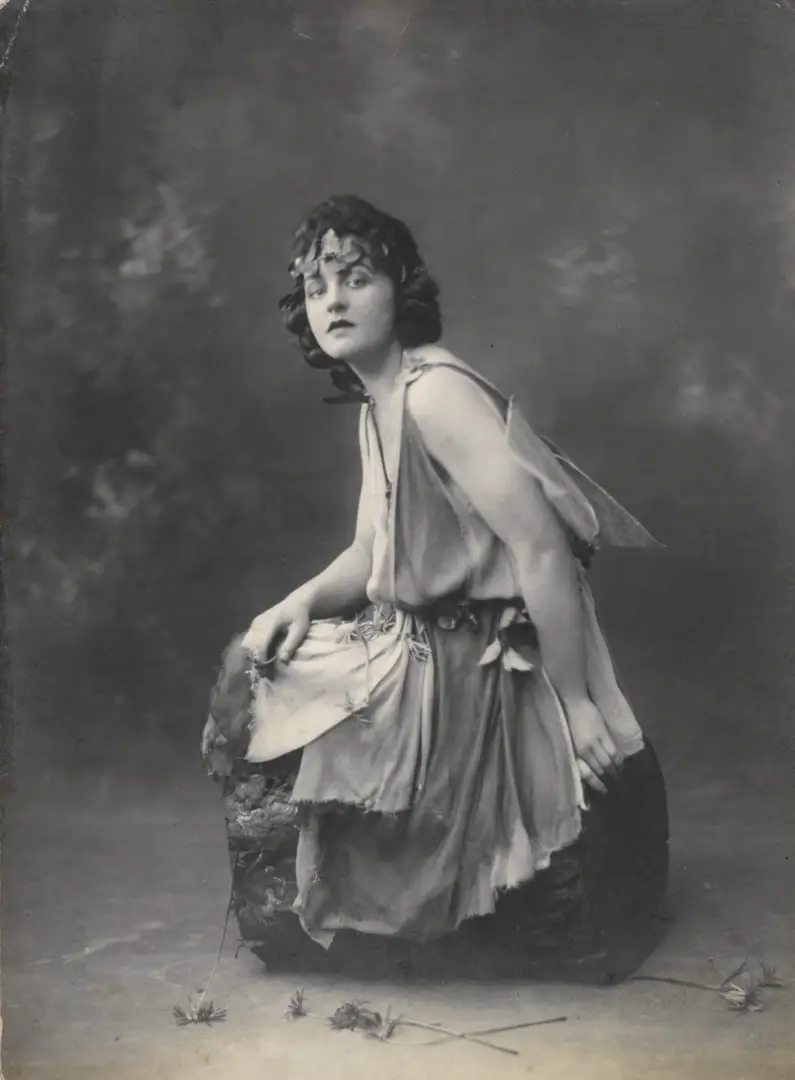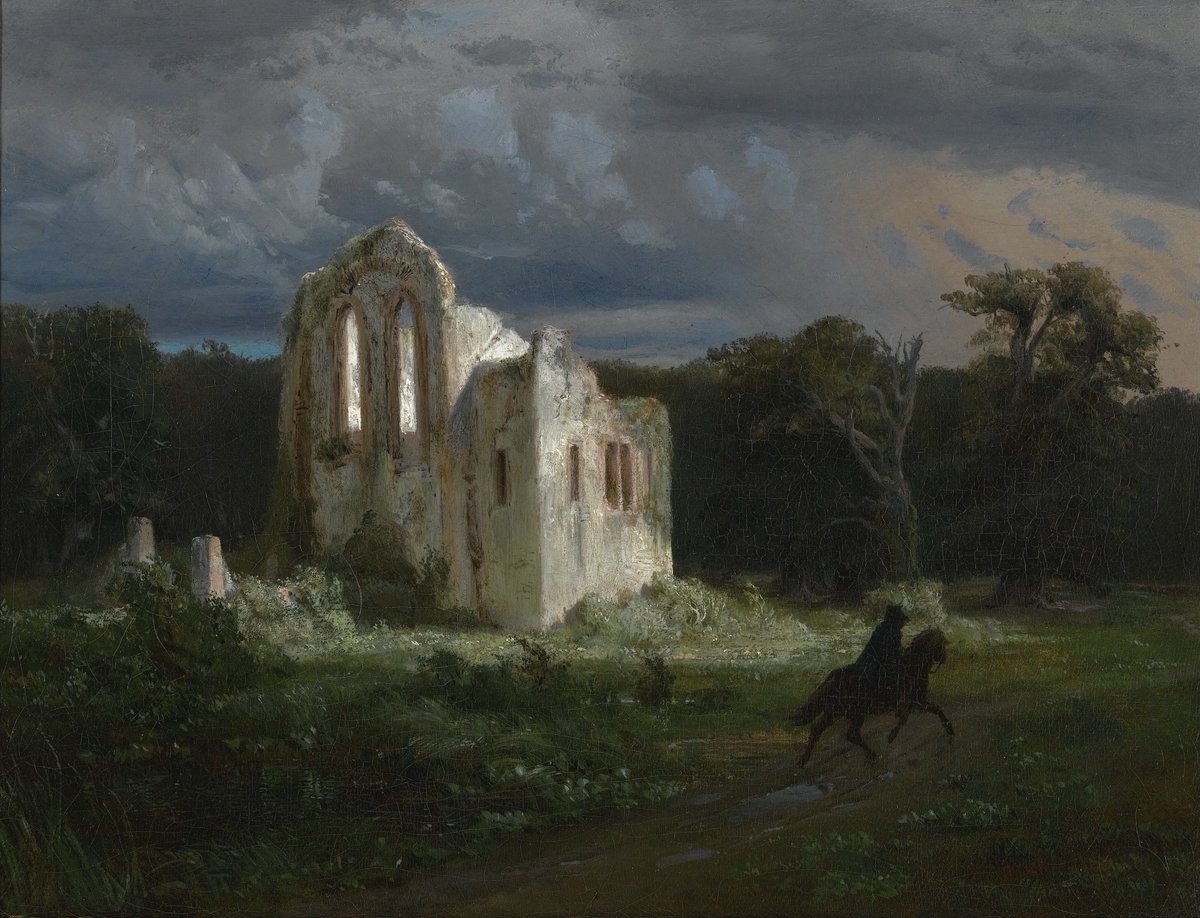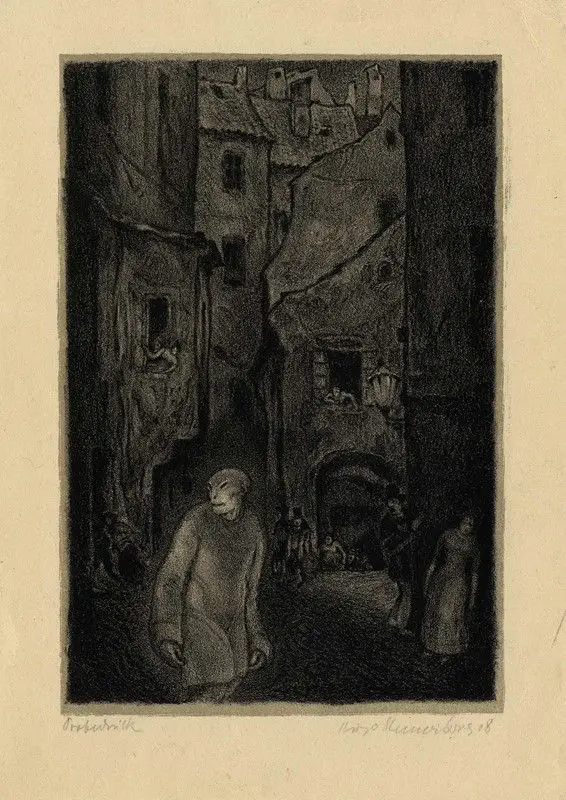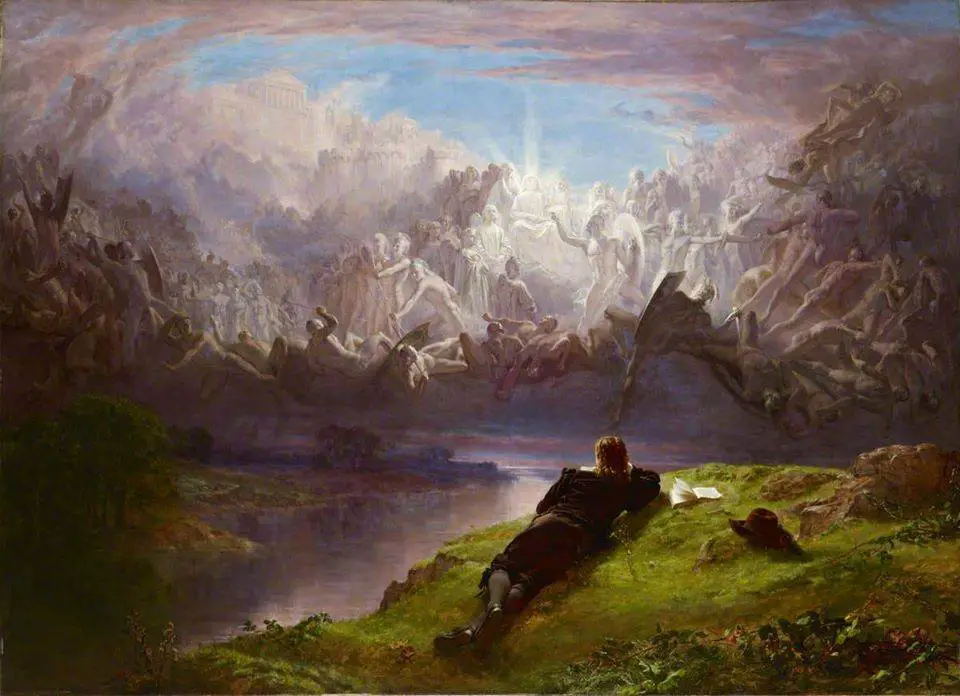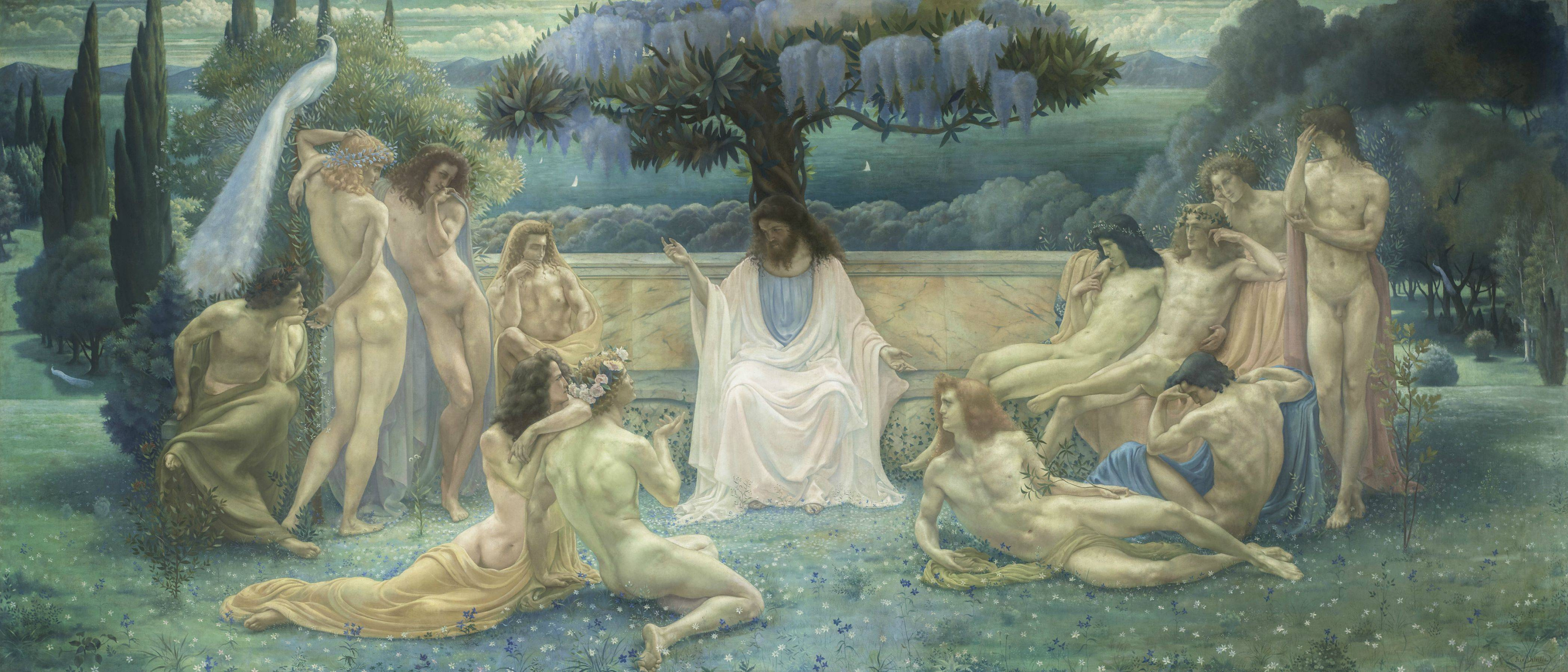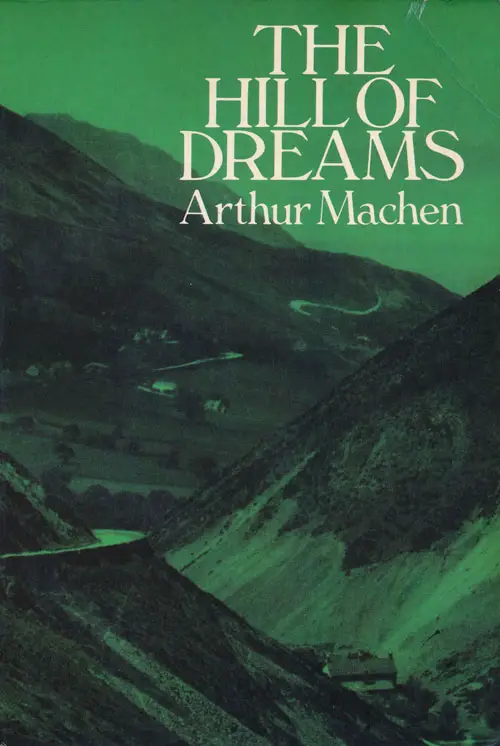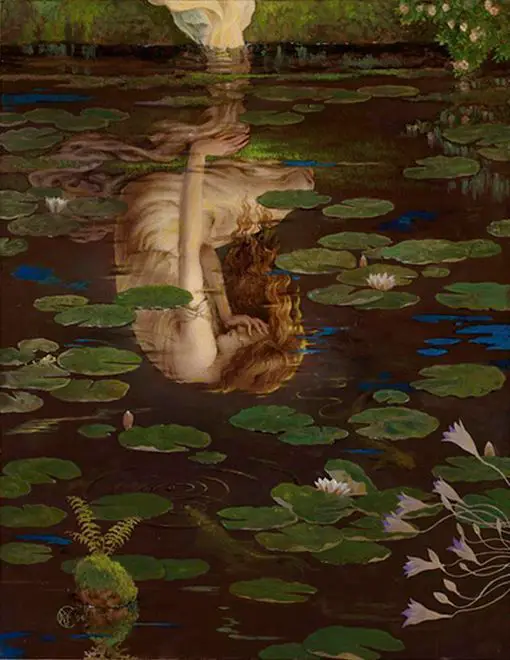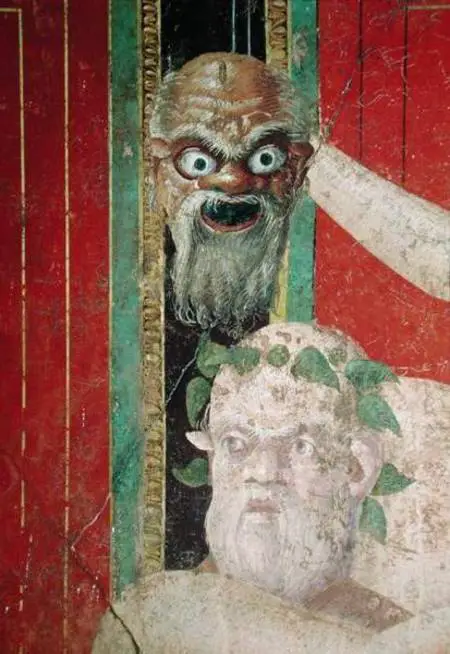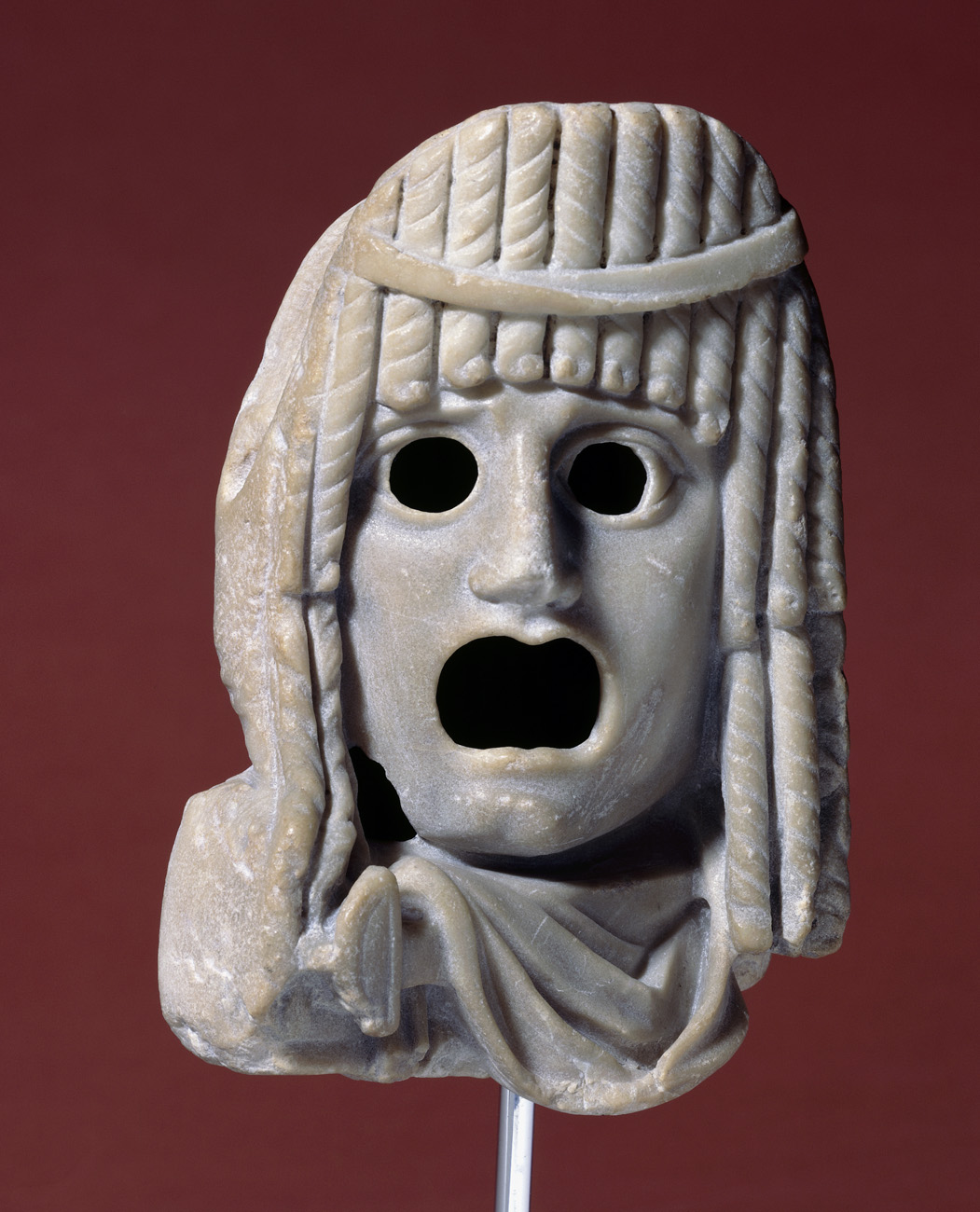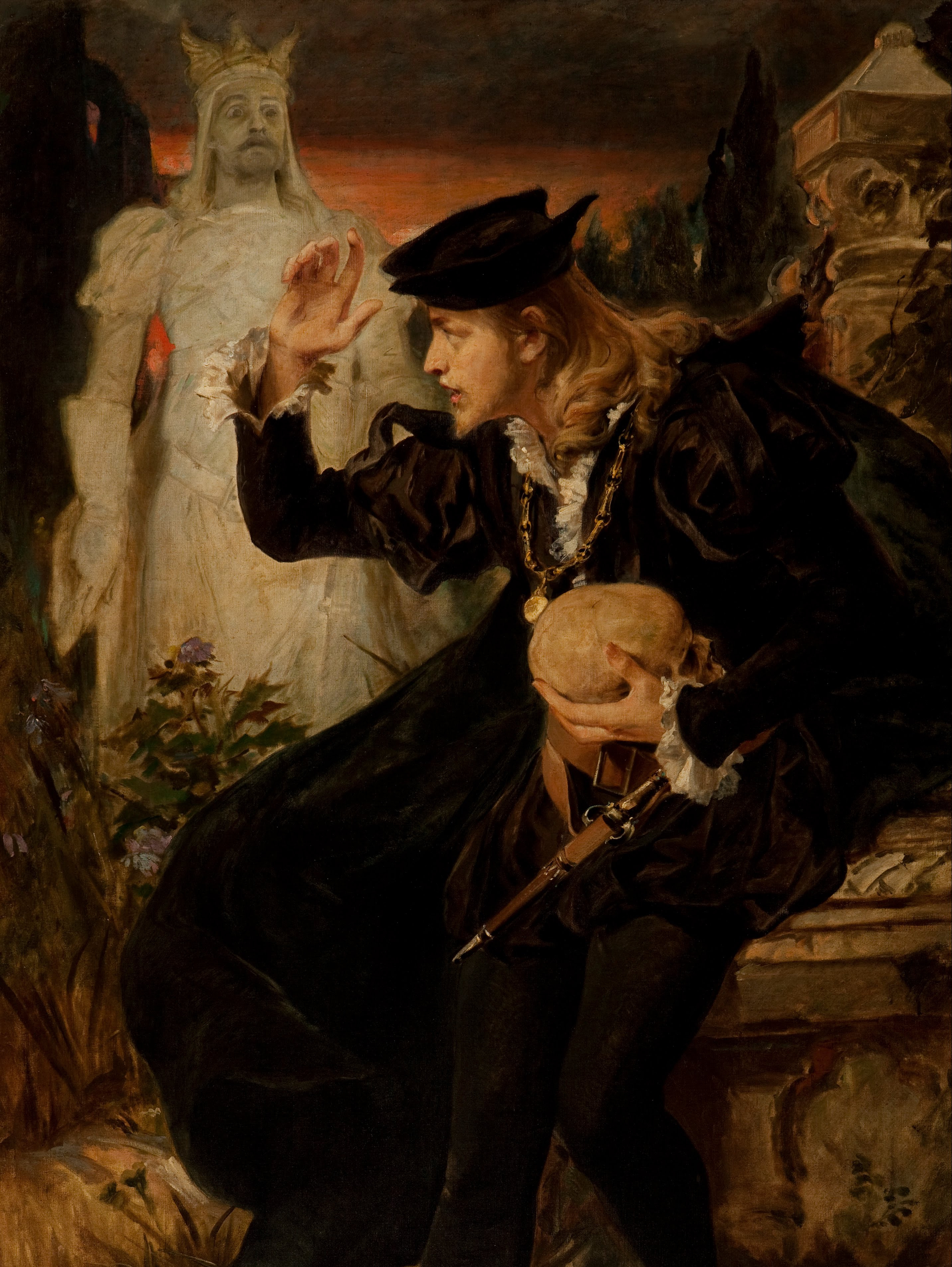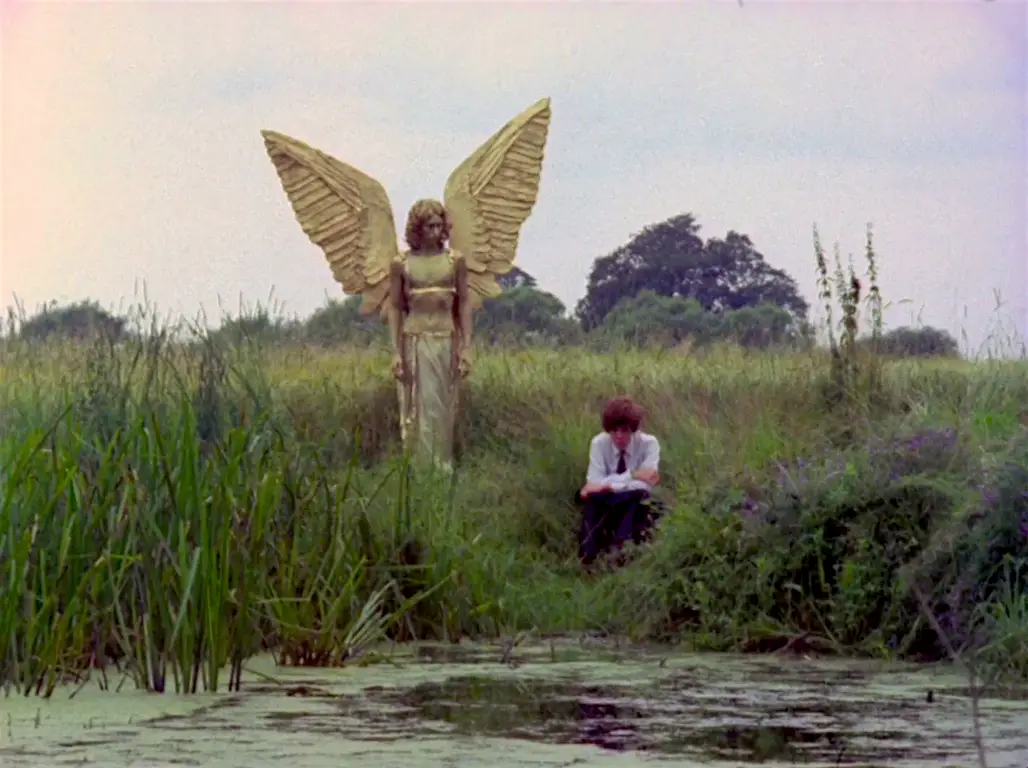Tag: Daimon
On the perennial reality of the myth: "The secret wisdom of bees" by Pamela Lyndon Travers
In the essays contained in “What the Bee Knows. Reflections on Myth, Symbol and Story ", recently published in Italian by LiberiLibri, Pamela Lyndon Travers witnessed the timeless antiquity of myths and fairy tales, and consequently their perennial reality, interpreting the Gaelic" memory of the blood "that flowed in her veneers, starting from the title of the work: in the Scottish Highlands, in fact, it is recommended to "ask the bees what the Druids once knew».
“Ombra”, the chivalrous arabesque of the poet who anticipated the fantasy-quest and… Jung
The short story "Shadow" by the poet Sarah Dana Loring, originally contained in the "Arabesques" published in 1872 under the name of her husband Richard S. Greenough, is emblematic of the author's foresight in anticipating certain literary strands such as Sword & Sorcery and even some conceptions of the philosophy of the deep Jungian. Now available in Italian thanks to Dagon Press.
The mask of the Daimon: Gustav Meyrink and the "Metamorphosis of the blood"
Thanks to Bietti editions, "The metamorphosis of blood", a spiritual autobiography of Gustav Meyrink, an Austrian writer of the early twentieth century, whose literary mythopoiesis was influenced by his esoteric and occult studies, is an ideal continuation of the collection of essays "At the frontiers of the occult”Recently published by Arktos editions.
William Butler Yeats, navigator of the Great Memory
Going upstream in the opposite direction, WB Yeats became a bard in an age that had banned all poems, forgotten Arcadia, denied and ridiculed the knowledge of the ancient Druids. His entire work - and even before that his entire existence - was consecrated to a Vision, founded on the so-called "Great Memory", a sort of Anima mundi of the Neoplatonists, "reservoir of souls and images and a meeting point between the living and the dead", which the Seer must access to fill theirremediable distance between the ideal and the real, between the divine and the human.
The Mythos and the Logos: Greek wisdom in the Platonic myths
Knowing oneself and the world of ideas through myth, or, in other words, reaching the Logos through Mythos: this is the main idea that supports Greek wisdom, as Plato has divinely illustrated in his works. The myth of the cave, the myth of Er, that of the charioteer and of Eros show us that in what we call "reality" nothing is certain, everything is in constant motion: the truth lies outside the fire, beyond out of the cave and of the mind itself, therefore in the world of ideas, which Plato calls "hyperuranium"; that is, "beyond the sky".
Terror and Ecstasy: Arthur Machen's "Hill of Dreams"
Arthur Machen was born on March 3, 1863, one of the greatest writers of Fantastic literature of his time and, together with WB Yeats, one of the most important standard bearers of the so-called «Celtic Revival». After having already reviewed on our pages his work before him, "The Great God Pan", We now turn to his third novel," The Hill of Dreams "(1907), perhaps his greatest masterpiece by virtue of the indissoluble union, here as never before, between the two dichotomous aspects of the Sacred in the Gaelic tradition: the terrifying and the ecstatic one.
Hypnosis and psyche: interview with prof. Giuseppe Vercelli
The unconscious, as a dark background, coincides with destiny and it is then necessary to modify the unconscious to modify destiny. In this regard, the trance dimension can represent a particular modality of confrontation and dialogue with the unconscious, able to bring out some often hidden abilities of our mind and also to modify the scripts through which we unconsciously build reality.
Dionysus in the mirror: the mask, the Daimon and the metaphysics of the "other-than-self"
The mask and the metaphysics of the "other-than-self": the youthful initiations in ancient Rome and the Dionysian symbolisms according to Károli Kerényi and Walter Otto; L'"archetypality and paradigmatic nature of the archaic man "who, according to Mircea Eliade," recognizes himself "truly himself", only to the extent that he ceases to be "; the Daimon and the "Antithetic Mask" in WB Yeats's Vision; Dionysus in the mirror, Vishnu who dreaming creates the countless worlds and Thomas Ligotti's "solipsistic god of dreams".

